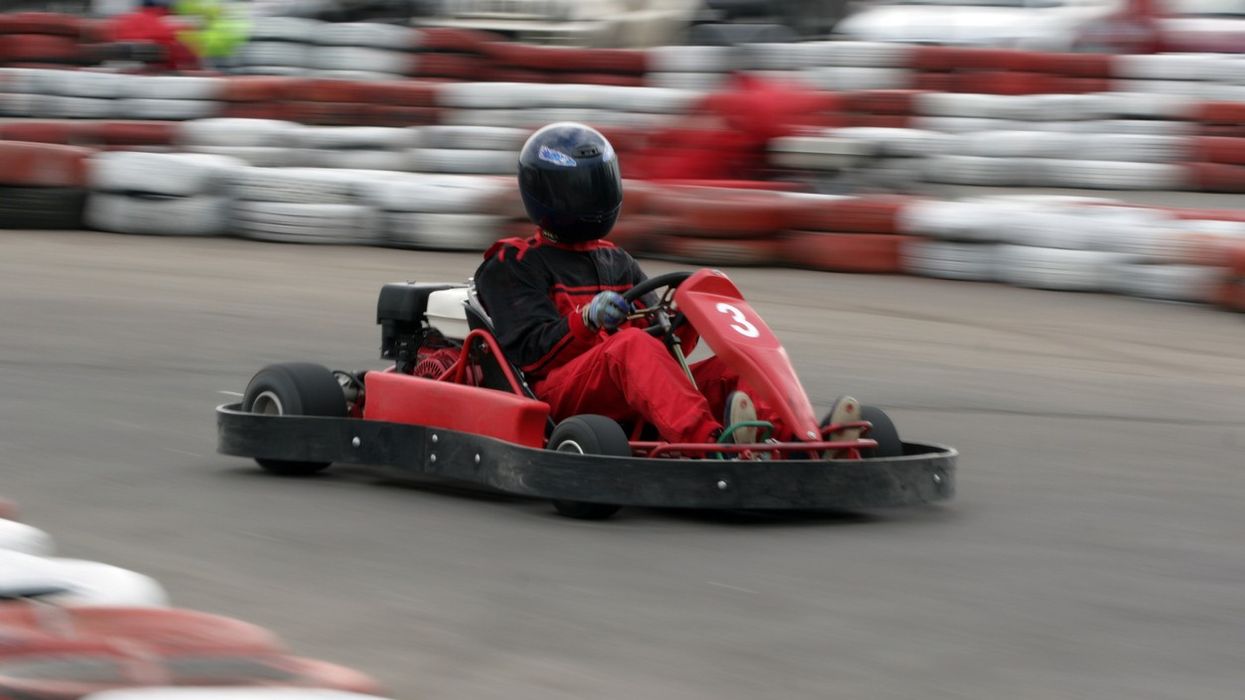An Indian-origin teenager is in the ICU of a hospital in Durban after receiving serious injuries when her hair got caught in a go-kart at an entertainment centre.
Kristen Govender, 15, has started a second week in the ICU where she is being treated for spinal bruising, spinal cord damage, and a torn aorta after the freak accident, which is being investigated by authorities.
Her father Vernon Govender told the local media that doctors had informed him that his daughter, who was injured last Wednesday, also had a torn scalp and had no movement from the waist down.
Govender said his daughter had complied with the strict regulations of wearing a helmet at the centre and her long hair had been tied in a ponytail.
Amid allegations by Govender that the equipment on the go-kart was faulty and that the management failed to provide immediate assistance, the management of the popular Gateway Mall in Durban, where the incident took place, declined to comment, citing the sensitive nature of the incident and respect for the family’s privacy.
“During her first lap of the course, Kristin did spin off onto the barrier. That is when the back of the go-kart became loose,” Govender was quoted as saying by the weekly Post.
“The cover covering the axel looked loose to her. When one of the officials came up to her, she asked about the loose cover. The official told her it was fine, removed the piece of plastic, threw it aside, and told her to continue racing. This is also when her hair, which is over a metre long, got loose under her helmet.
“On her second lap, the back of her hair got caught in this exposed axle, and she was scalped. Her hair from the front of her head was pulled out, and it tore her scalp.
“She was bleeding profusely. My 13-year-old son was with her. He ran to the go-karting office to report the accident, but the office was closed. They quickly closed everything. Even the management, including the safety officers, who were supposed to be there, left the scene,” Govender said.
Govender said he was considering laying charges with the police because he did not want anyone else to go through the same horrific experience.
Steven Pool, the owner of Action Karting Gateway, told the weekly that all safety measures were followed at the track, and also threatened legal action over allegations that Kristin’s uncle had been “extremely aggressive” towards staff who tried to assist after the incident.
“We sympathise with the family. But we have never had an incident to this extent in the eight years that I have taken over the track. All our clients watch a safety briefing video, which is very clear on how to ride the kart and how to behave on the track, including tying up their hair.
“The reason we don’t tie up ladies’ hair (ourselves) is that at times it is inappropriate. So we leave that to the clients. We have had it in the past where fathers don’t like my staff tying up our younger clients’ hair,” Pool added.
(PTI)




